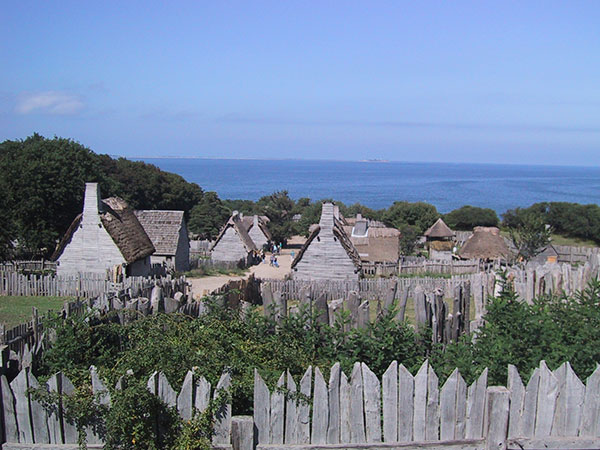If I knew then, what I know now…

Plimoth Plantation living museum, Plymouth, Massachusetts
Image credit: Nancy, Wikimedia Commons, licensed under the Creative Commons Attribution-Share Alike 3.0 Unported, 2.5 Generic, 2.0 Generic and 1.0 Generic license.
The first settlers to the New World faced many difficulties. As they met each challenge, they either learned lessons and became more successful colonists, or eventually the colony failed.
- What lessons have you learned about being successful in the New World?
- What good decisions did you make?
- What decisions do you wish you had made differently?
Think about your answers to these questions as you read this scenario:
 Settlers in colonial America may not have called it STEM, but they used plenty of science, technology, engineering and math in jobs such as farming, printing and sailing.
Settlers in colonial America may not have called it STEM, but they used plenty of science, technology, engineering and math in jobs such as farming, printing and sailing.